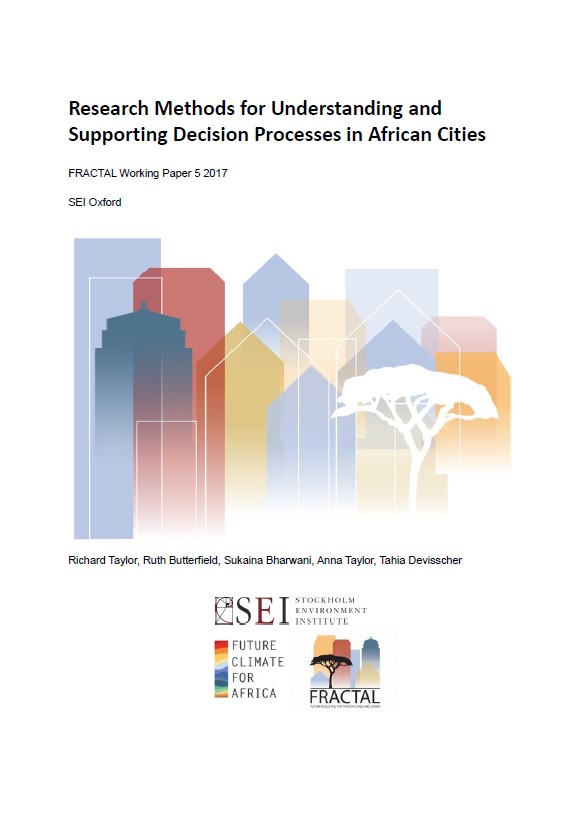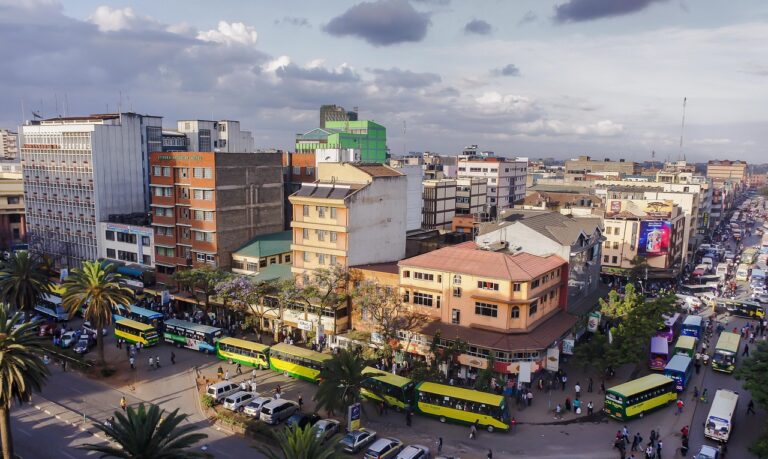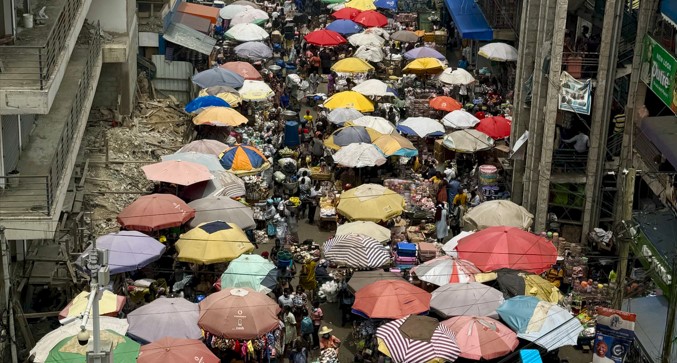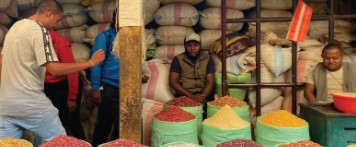Research Methods for Understanding and Supporting Decision Processes in African Cities




Download:
Related ICLEI Pathway(s)
About
Resource summary
This Working Paper reviews 12 decision-making methods to explore how different approaches may lead key people working in cities and surrounding urban areas of Southern Africa to make better-informed decisions about adapting to climate change. The review covers both decision-making process methods – that is, those that describe and provide insights about empirical cases of decision-making- and decision-making support methods – those that analyse normative dimensions of how a decision could be made.
The review provides information for Future Resilience for African CiTies and Land (FRACTAL), which aims to address the challenge of providing policy-makers in the region with accessible, timely, applicable and defensible climate information. FRACTAL is designed to work across disciplines within the both natural and social scientific communities, and to foster strong collaboration between researchers, city government officials, ministers and other key decision makers in southern Africa. As a result, this review provides guidance for selection of methods that may enhance outcomes, and lead to greater understanding of decision-making processes at the city-regional level within Africa – for the benefit of FRACTAL partners, designated researchers embedded in cities, and, ultimately, Africa’s people, who are, by definition, increasingly urban dwellers.
The review presents key conceptual and theoretical insights drawn from multiple disciplines. The analysis frames the broader discussion in the context of both the use of relevant knowledge, and the prevailing policy-science interface in decision making. The report argues that three themes increasingly characterise the nature of contemporary decision-making:
- the increasing complexity of problems – the rise of so-called “wicked” problems
- the necessary shift away from linear models of decision-making
- the rise of “risk” as a central concept for dealing with uncertainty
Related resources

TRACKING TRANSFORMATION: How African Cities Are Driving Global Climate Action Through Local Data

Resilient Municipal Market Fund (ReMark) Instrument Analysis


